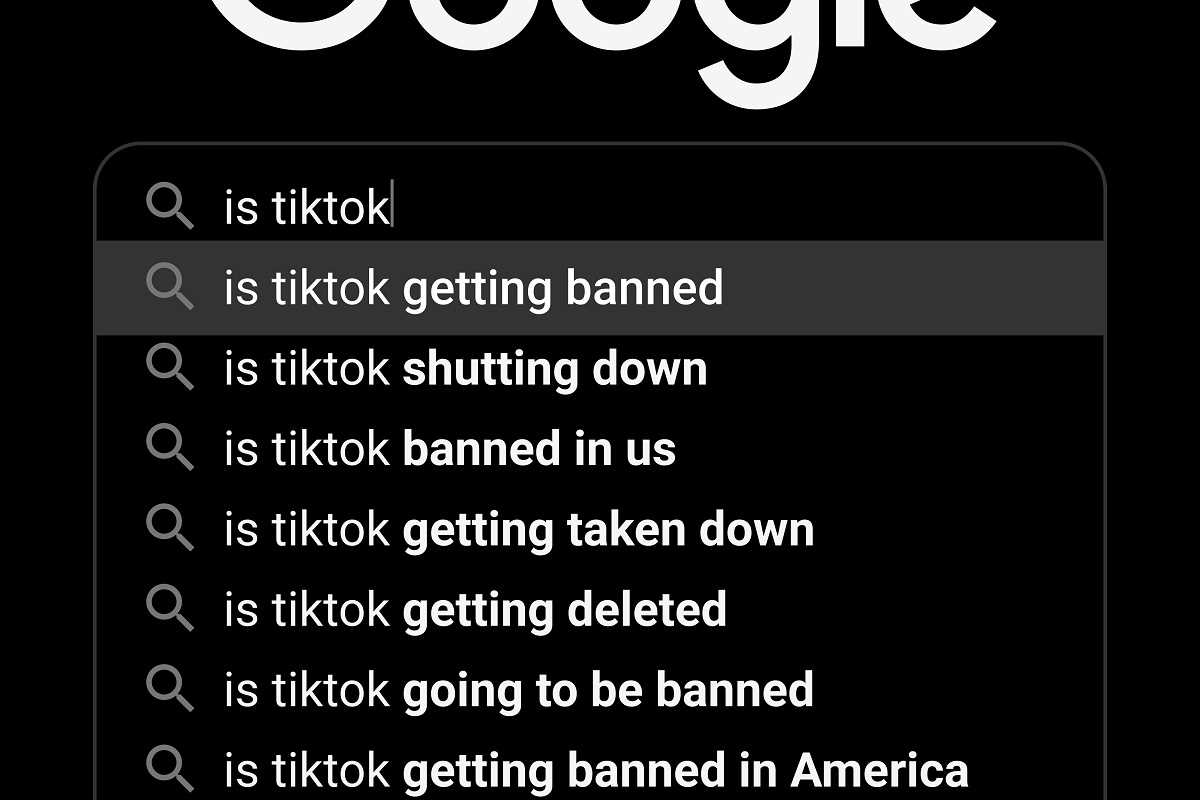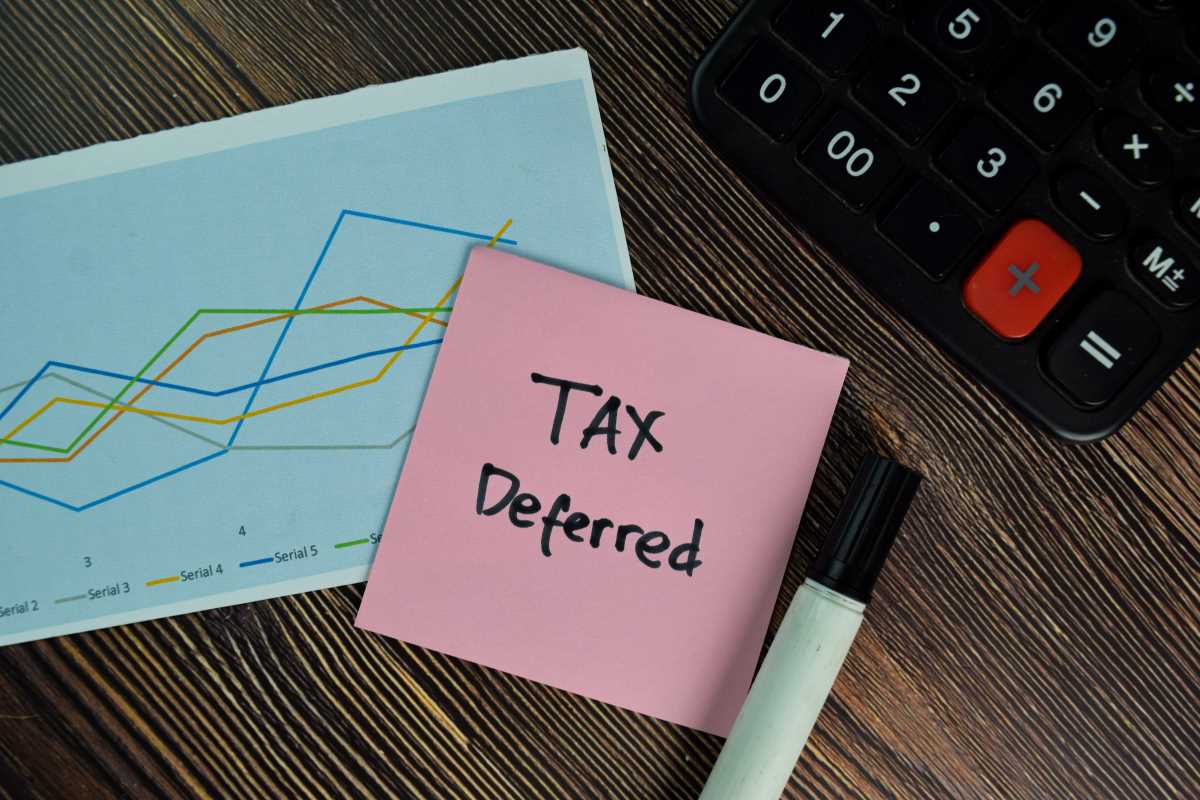When you hear the words “global financial crisis,” it might sound like something that only worries economists, bankers, and governments. But in reality, a financial crisis can affect everyone—jobs can disappear, prices of everyday goods can skyrocket, and families may find it harder to pay for basic needs. This is why nations around the world are taking steps to prepare for the next big economic shake-up. But what exactly is a global financial crisis, and how are countries getting ready to face it?
What Is a Global Financial Crisis?
A global financial crisis is like a massive economic meltdown that impacts multiple countries. When one nation’s economy struggles—whether it’s because of banking problems, government debt, or collapsing markets—it can spread to others, kind of like how a cold can spread from person to person.
For example, think back to the 2008 financial crisis. It started in the United States when banks gave out risky home loans that people couldn’t pay back. This caused the U.S. housing market to crash, and soon banks around the world started failing. Millions of jobs were lost, businesses shut down, and governments had to bail out banks to stop the economies from collapsing entirely.
The 2008 crisis showed just how connected the world’s economies are. It also served as a wake-up call for governments. They realized they needed to plan ahead, so if another crisis came, the damage could be minimized.
The Impacts of a Financial Crisis
Before we get into how nations are preparing, it’s important to understand the reasons why these preparations matter. A financial crisis can lead to:
- Job Losses: When businesses can’t afford to stay open, people lose their jobs. This increases poverty and strains social services.
- Inflation: Prices of goods can spike, making it harder to afford basics like food, energy, and housing.
- Government Debt: When economies shrink, governments often borrow money to help stabilize things, which can lead to long-term debt problems.
- Banking Failures: If banks don’t have enough money to cover their losses, they can collapse, leaving people unable to access their savings.
The stakes are high, especially when millions of people rely on the economy running smoothly. That’s why nations are taking action now to reduce risks in the future.
Strategies Nations Are Using
Countries are employing several strategies to prepare for the next global financial crisis. These plans involve improving financial systems, building safety nets, and working together internationally to keep economies stable.
1. Strengthening Financial Regulations
One major lesson from the 2008 crisis was that weak financial rules can lead to huge problems. Without strong regulations, banks and financial institutions sometimes take big risks that can harm the entire economy.
- Tougher Rules for Banks: Many countries now require banks to keep more money in reserve, so they won’t collapse if things go wrong. For example, after 2008, the United States passed laws like the Dodd-Frank Act, which ensures banks operate more safely and transparently.
- Protecting Consumers: Some countries have introduced regulations to protect ordinary people from risky financial products. For example, lenders are now required to verify whether borrowers can realistically pay back their loans.
- Preventing Fraud: Governments are cracking down on financial crimes like insider trading and fraud, which can destabilize markets. More oversight means everyone has to play by the rules.
2. Building Economic Reserves
Think of economic reserves like an emergency savings fund for a country. Just like your family might set aside money for unexpected expenses, governments try to save for tough times.
- Foreign Currency Reserves: Many nations stockpile foreign currencies, like the U.S. dollar or the euro, to help stabilize their economies if their own currency loses value. For example, China has one of the world’s largest foreign currency reserves, which helps the country remain stable during international market fluctuations.
- Sovereign Wealth Funds: Countries rich in natural resources, like Norway, save profits from oil and gas sales in a sovereign wealth fund. This fund acts as a backup plan to support the economy when oil prices drop or other crises arise.
- Crisis Funds: Some governments create special budgets specifically for emergencies like financial crashes, so they can avoid borrowing money during tough times.
3. Fostering International Cooperation
Since the global economy is so interconnected, countries can’t tackle financial crises alone. Collaboration is key to preventing and managing these events.
- Global Financial Institutions: Organizations like the International Monetary Fund (IMF) and the World Bank play a big role in helping countries stay stable. They provide loans, technical advice, and economic guidance to nations in crisis.
- Trade Partnerships: Nations often build agreements to protect international trade. For example, during the COVID-19 pandemic, many countries worked together to keep supply chains open for essential goods like food and medicine.
- Coordinated Policies: G20 nations (a group of the world’s largest economies) meet regularly to discuss financial stability and share strategies to reduce risks. During the 2008 crisis, they worked together to inject money into the global economy, helping to prevent a complete collapse.
4. Investing in Economic Diversification
Some countries rely heavily on one industry or natural resource to fuel their economy. For example, oil is a major driver of wealth in nations like Saudi Arabia and Russia. But what happens if oil prices crash? That’s why many nations are trying to diversify their economies—to reduce dependence on any single industry.
- Investing in Technology: Countries like South Korea have focused on becoming leaders in tech innovation, creating industries that aren’t tied to natural resources.
- Developing Renewable Energy: To guard against oil price fluctuations, countries like Saudi Arabia are investing in solar and wind power.
- Encouraging Small Businesses: Governments are supporting entrepreneurship and startups to create more diverse sources of income.
5. Protecting Jobs and Workers
A global financial crisis often hits workers the hardest. To reduce this impact, countries are developing policies to protect people’s livelihoods.
- Unemployment Insurance: Many nations are expanding unemployment benefits to help workers who lose their jobs during a downturn.
- Worker Training Programs: Countries like Germany and Denmark have introduced retraining programs to help unemployed workers learn new skills for different industries.
- Minimum Wage and Benefits Protections: Some nations are increasing labor protections to ensure workers can weather economic challenges more effectively.
6. Monitoring and Early Warning Systems
Wouldn’t it be great if we could predict the next financial crisis? While it’s impossible to know exactly when one will happen, nations are developing systems to monitor warning signs, like stock market bubbles, risky lending practices, or falling trade numbers.
- Data Analysis: Governments and financial institutions use advanced tech tools to analyze trends and identify potential risks.
- Stress Tests for Banks: Many countries now require banks to undergo “stress tests,” where they check how well they would handle economic shocks like a market crash or a rise in unemployment.
- International Monitoring: Organizations like the Financial Stability Board keep an eye on global risks and provide recommendations to help governments prepare.
Examples of National Strategies
Different nations have their own ways of tackling the potential for future financial crises.
- United States: After the 2008 crash, the U.S. tightened bank regulations, monitored risky lending practices, and strengthened oversight of financial markets.
- Germany: Germany introduced its Kurzarbeit program, which keeps workers employed during downturns by having the government subsidize their wages.
- China: China’s massive foreign exchange reserves and strong government control over its banking sector help it respond swiftly to financial challenges.
- Norway: Norway’s sovereign wealth fund, funded by oil profits, is a model of how to save for economic downturns while supporting future generations.
Why This Matters
Ultimately, preparing for the next global financial crisis isn’t just about protecting banks or businesses—it’s about protecting people. When nations strengthen their financial systems, build reserves, and collaborate internationally, they’re creating a safety net for everyone. Governments are working to make sure the next crisis doesn’t hit as hard as the last one, ensuring greater stability for generations to come.
While there’s no way to completely avoid financial crises, these preparations give countries a fighting chance to bounce back quickly. And that means taking steps today to ensure a brighter, more secure future for all of us.







